January 29th, 2021
Rodef Sholom; Tu BiShvat
This San Rafael based congregation recently became one of our newest North Bay Area mini hubs! This Sunday, January 31st they're hosting a virtual gathering to engage in conversations about farming and food advocacy. Tune in to hear from Steve Schwartz - Executive Director Interfaith Sustainable Food Collaborative, Carly Sugar - Adamah Fellowship Director, and our own Tim Page. This is part of a larger series celebrating Tu BiShvat and exploring the importance of the modern-day Jewish environmental movement.
From the Organizers: A sense of renewal is in the air and is accompanied this year by the festival of Tu BiShvat on our Jewish Calendar. Tu BiShvat is often lovingly dubbed “Jewish Earth Day” or “The Birthday of the Trees.” See how beautiful the work of the world is and take care to honor it for now and for the health of future generations. We understand the urgency of this message now more than ever and Tu BiShvat gives us the opportunity to pause and reflect on our commitment to care for our world.
Recipe of the Week!
Sunchokes in your midweek bins! Straight from the fertile earth at Tierra Vegetables Farm of Santa Rosa. A root vegetable closer to a potato than anything else, they are actually part of the sunflower family. A balmy summer afternoon’s delight grew into a nourishing, earthy root vegetable, harvested by Lee and Wayne James just in time to warm your belly on a stormy week. We've had a lot of fun receiving recipe ideas from y'all, thanks for your contributions via email, facebook and instagram. This week's recipe idea is actually from Farmer Andy of Confluence Farm near Graton!
Creamy Sunchoke Soup
All the Sunchokes in your FEED Bin (about 8-12 tubers depending on size)
Leek (or onion)
16 oz liquid broth of your choice
2-3 cloves of garlic
½ cup cream or about ¾ cup milk
Salt and Pepper to taste
Chop sunchokes into quarter-sized, half-inch thick pieces. Chop leek/onion and garlic. Heat up a soup pot, add a healthy drizzle of olive oil, sweat your leek or onions until sweet and translucent. Add garlic for the last 30 seconds, just enough that you can smell it. At this point add sunchokes and broth and cook for about 15 minutes, or until soft. The flavor of sunchokes is subtle and wonderful, but feel free to also add in other mellow root vegetables at this time, chopped to a similar size. We added a few small butterball potatoes from a previous FEED Bin. Once soft, blend safely, either with an immersion blender or by letting it cool enough to use a traditional blender. If cooled, add cream and bring back to temperature. If still hot, temper the cream in a separate bowl by adding small amount of hot, blended soup until the cream is warm enough not to curdle when added. Salt and pepper to taste. Garnish with a little cream and green onions. This is a super flexible root vegetable soup, adapt as needed.
We want to hear how you're using FEED Bin ingredients! Send us your recipes and photos at feedbin@feedsonoma.com. We will also be indexing all shared recipes on our revamped website, stay tuned for that!
From our Producers :: Field Notes
Tierra Vegetables
Did you know this photograph from our sunchokes post the other day is from 1983? The brother-sister duo, Lee and Wayne James, of Tierra Vegetables farm have been at it a long time! They are an instrumental part of our local food system and also offer a drop spot for our Northern Santa Rosa FEED Bin subscribers.
We may still be transitioning to a smaller iteration of the FEED Bin for the later winter months (only time will tell!) and their incredible cornmeal will be an ideal farm-fresh item to balance out the FEED Bin contents. It's ground from their own organic corn and boasts a sweet, complex flavor. Just one of many important value-added goods that enable our local farmers to diversify their revenue streams and keep our local food system afloat.
SRJC's Shone Farm
Yes, this farm is run by the Santa Rosa Junior College! During the school year they offer immersive classes and trainings for students studying agriculture, but this year have had to resort to a bare-bones staff, now tending to their orchards, gardens and greenhouses with small, intermittent groups of students as part of a hybridized curriculum. They remain a wonderful resource for the community, contributing ingredients to our FEED Bin program in addition to occasional curbside pickup events and educational resources.




